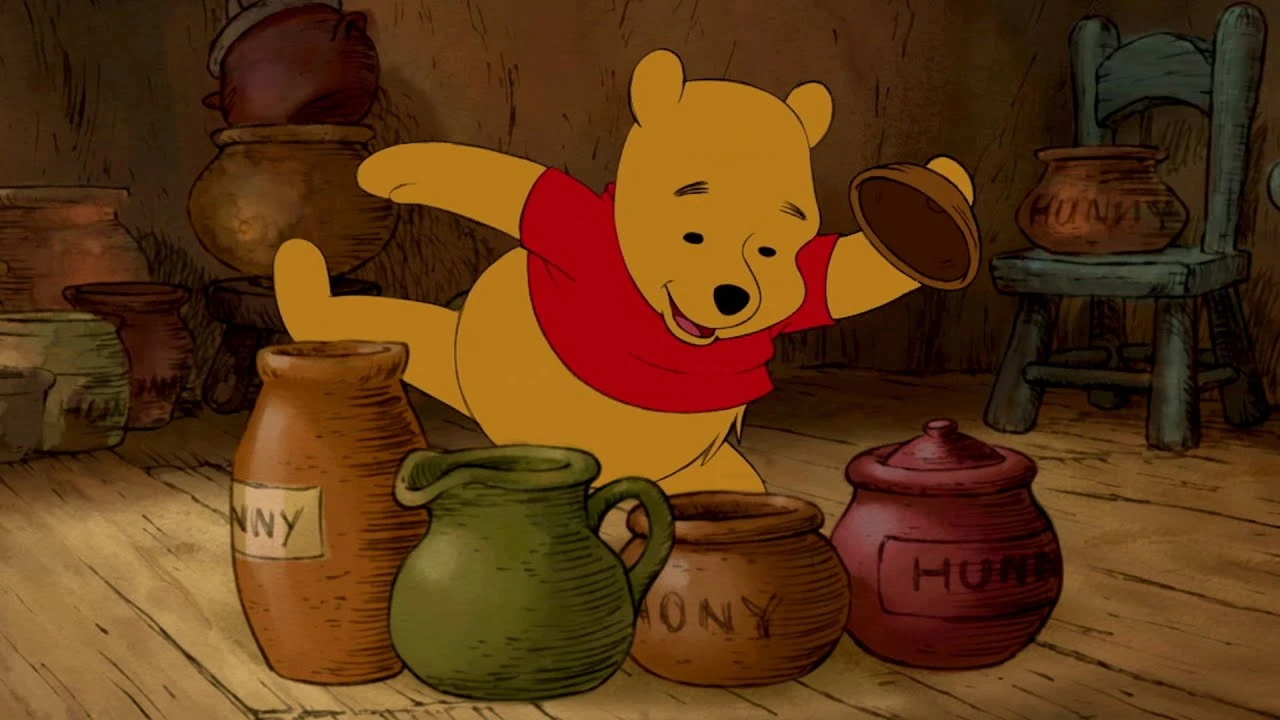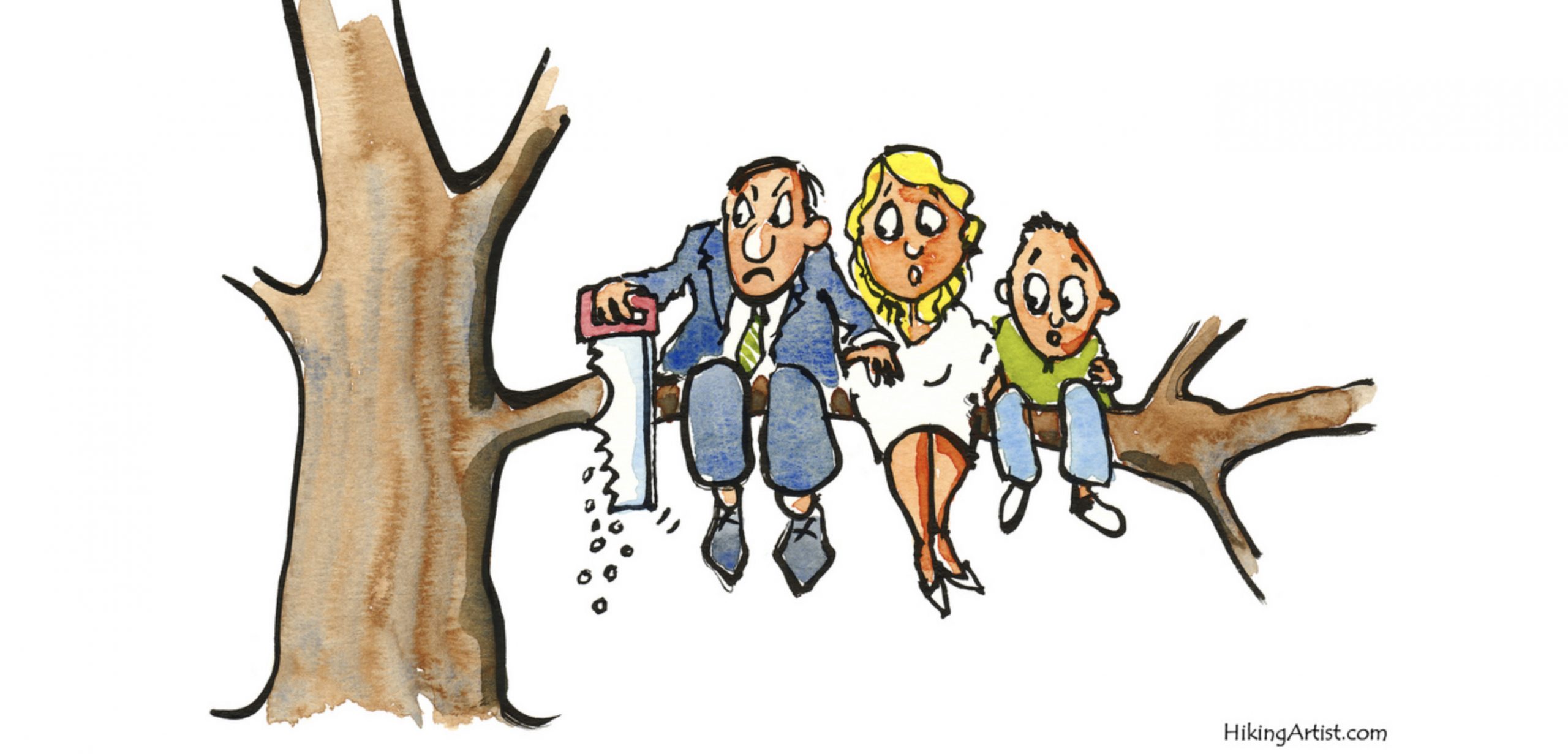
When playing cards, every member of the game would LOVE to know what cards the others are holding. That’s what listening long enough, and asking discovery questions will do for us when communicating with others. Here are some helpful thoughts.
Listening to understand is always a people-valuing compliment. It communicates to the speaker that they are important and worth listening to.
We listen more with our eyes than we do with our ears. When a person sees us lose eye contact with them, they know we have ceased listening. We maintain attention as long as we maintain eye contact.
If we are listening to formulate a reply, the conversation often becomes adversarial. A conversation is not a debate. We are meant to win a debate, not a conversation. If listening to understand is a compliment, listening to reply can often devalue the speaker. A conversation between friends is not a robust boardroom argument in pursuit of the best outcome. Be aware of the environment and the nature of the exchange.
Listen long. “Long” for some is three minutes. Others have more patience. Regardless, when someone wants to talk through something important they will often begin shallow before going deep. What are they really trying to talk about? Only time and attention will tell.
If we become good listeners we will find out what cards the other is holding. Only then will we successfully play our own.
Listening – The Number 1 Communication Skill

David Schaeffer
Related Posts
10 March 2025
“I’m hungry” …Winnie the Pooh aka A.A Milne. Gotta stay hungry. Check your appetite for wisdom, knowledge, understanding. The leader of a growing business is currently under-qualified. One seed of wisdom can […]
28 March 2020
What an amazing responsibility every parent has been given to shape their children into brilliant adults. In doing this, the parent has to gradually wean their child from their all-inclusive provision and […]
18 April 2018
There is Relationship and then there is everything else. It could be strenuously argued that riches in life have more to do with the quality of our relationships than the reserves we […]



